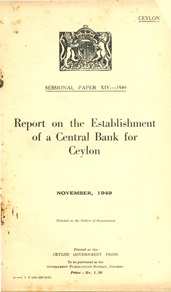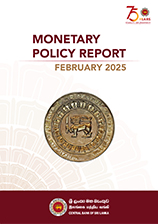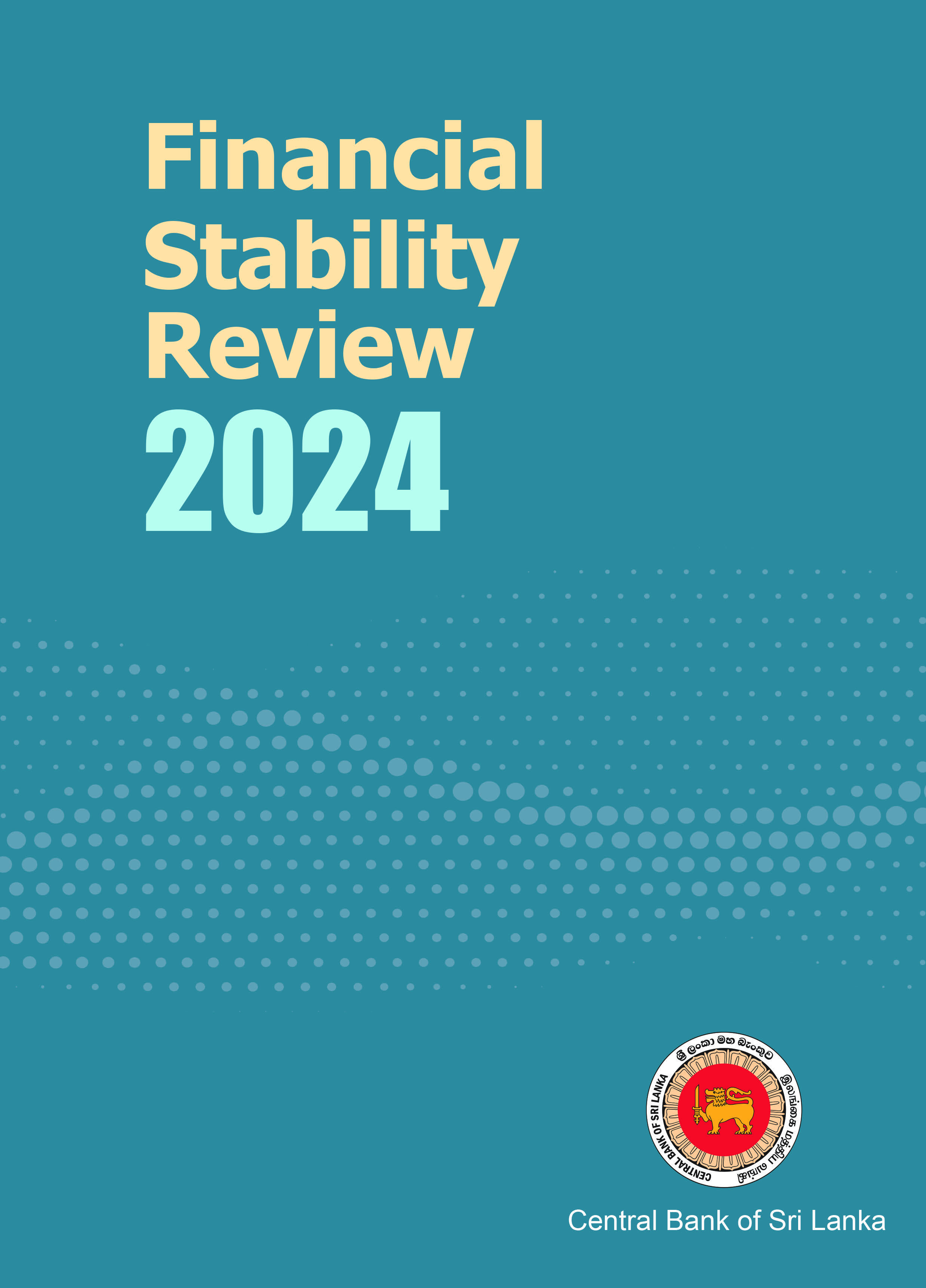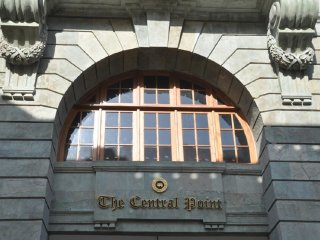Financial Instruments
Deposits
Deposits are sums of money placed with a financial institution, for credit to a customer's account.
There are three types of deposits
(i) demand deposits,
(ii) savings deposits and
(iii) fixed or time deposits
Demand Deposits
These are mainly used for transaction purposes and for the safekeeping of funds. Funds can be withdrawn on demand. Demand deposits do not earn interest, but banks provide a number of services to demand deposit- holders like cheque facilities, standing orders, Automated Teller Machine (ATM) cards and debit cards to facilitate withdrawals and payments.
Savings Deposits
Savings deposits earn interest, which may be calculated on a daily, weekly, monthly or annual basis. Funds may be withdrawn from savings accounts at any time. Financial institutions issue pass-books or statements detailing transactions to savings deposit holders and also provide services such as ATM and debit cards.
Fixed or time deposits
These are funds placed at financial institutions for a specified period or term. Fixed / time deposits earn a higher rate of interest than savings deposits. Fixed / time deposits can be for short, medium or long term. Funds can only be withdrawn before the maturity date with prior notice and a penalty may be imposed. A fixed / time deposit holder has a facility to borrow funds from the financial institution using the deposit as collateral.
Loans
A loan is a specified sum of money provided by a lender, usually a financial institution, to a borrower on condition that it is repaid, either in instalments or all at once, on agreed dates and at an agreed rate of interest. In most cases, financial institutions require some form of security for loans.
Treasury Bills and Bonds
Treasury bills
These are government securities having a maturity period up to one year. Treasury bills are issued by the Public Debt Management Office (PDMO) within the Ministry of Finance, Planning and Economic Development (MoF). Treasury bills are issued in maturities of 91 days, 182 days and 364 days. Treasury bills are zero coupon securities and are sold at a discount to face value, which is paid at maturity.The difference between the purchase price and the face value is the interest income to the owner.Treasury bills are considered liquid assets as they can be easily sold in the secondary market and converted to cash.
Treasury bonds
These are medium and long-term government securities and are issued in maturities ranging from 2 years to 30 years. Treasury bonds are issued by the Public Debt Management Office (PDMO) within the Ministry of Finance, Planning and Economic Development (MoF). Treasury bonds are interest-bearing securities, with interest paid bi-annually. Treasury bills and bonds are guaranteed by the Government and are the safest of all investments, as they are free of default risk. Treasury bills and bonds are tradable securities which are sold by auction to Primary Dealers, who in turn market the securities to the public. The yields on Treasury bills and bonds are market determined and the market is both active and liquid. From 2004, Treasury bills and bonds are issued in scrip-less (paperless) form and transactions are recorded electronically in the "LankaSecure" system of the Central Bank.
Repurchase Agreements
Repurchase agreements (Repo) are arrangements which involve the sale for cash, of securities (usually government securities) at a specified price with a commitment to repurchase the same or similar securities at a fixed price on a specified future date. The difference between the sale price and the repurchase price is the interest income. The agreement is called reverse repo when viewed from the perspective of the securities buyer. A repo is similar to a loan that is collateralised by the securities underlying the agreement. Most repos are very short-term money market instruments.
Commercial Paper
Commercial papers are short-term, non-collateralised (unsecured) debt securities issued by private sector companies to raise funds for their own use, through banks and other financial intermediaries.
Commercial papers are generally issued by creditworthy (high-rated) institutions in large denominations and have additional bank guarantees of payment.
CPs are usually sold at a discount, although some are interest bearing.
Corporate Bonds and Debentures
Corporate bonds are medium or long-term securities of private sector companies secured with some collateral which obligate the issuer to pay interest and redeem the principal at maturity.
Corporate bonds that are not backed by a specific asset are called debentures.
Debentures are; unsecured, medium or long term, interest-bearing bonds issued by private sector companies, banks and other financial institutions that are backed only by the general credit of the issuer. Debentures are usually issued by large, well-established institutions.The holders of debentures are considered creditors and are entitled to payment before shareholders in the event of the liquidation of the issuing company.
Asset-backed Securities
Asset-backed securities (ABS) are bonds collateralised (secured) by mortgages, loans, or other receivables. Typically, the issuing institution sells mortgages, loans, instalment credit, credit card or other receivables to a trust or a special purpose vehicle (SPV) that in turn sells ABSs to the public. ABSs are interest- bearing instruments and are often enhanced through the use of guarantees or insurance.
Financial Leases
Financial leases are accommodations provided to finance the purchase of capital or durable equipment in which the legal owner (lessor) lends the equipment to the lessee for payments that cover the full principal and interest cost. The lessee receives all benefits from the use of the asset and incurs the costs associated with its ownership, such as maintenance, insurance and taxes. Legal ownership of the equipment passes to the lessee when the loan principal and interest payments are settled in full.










